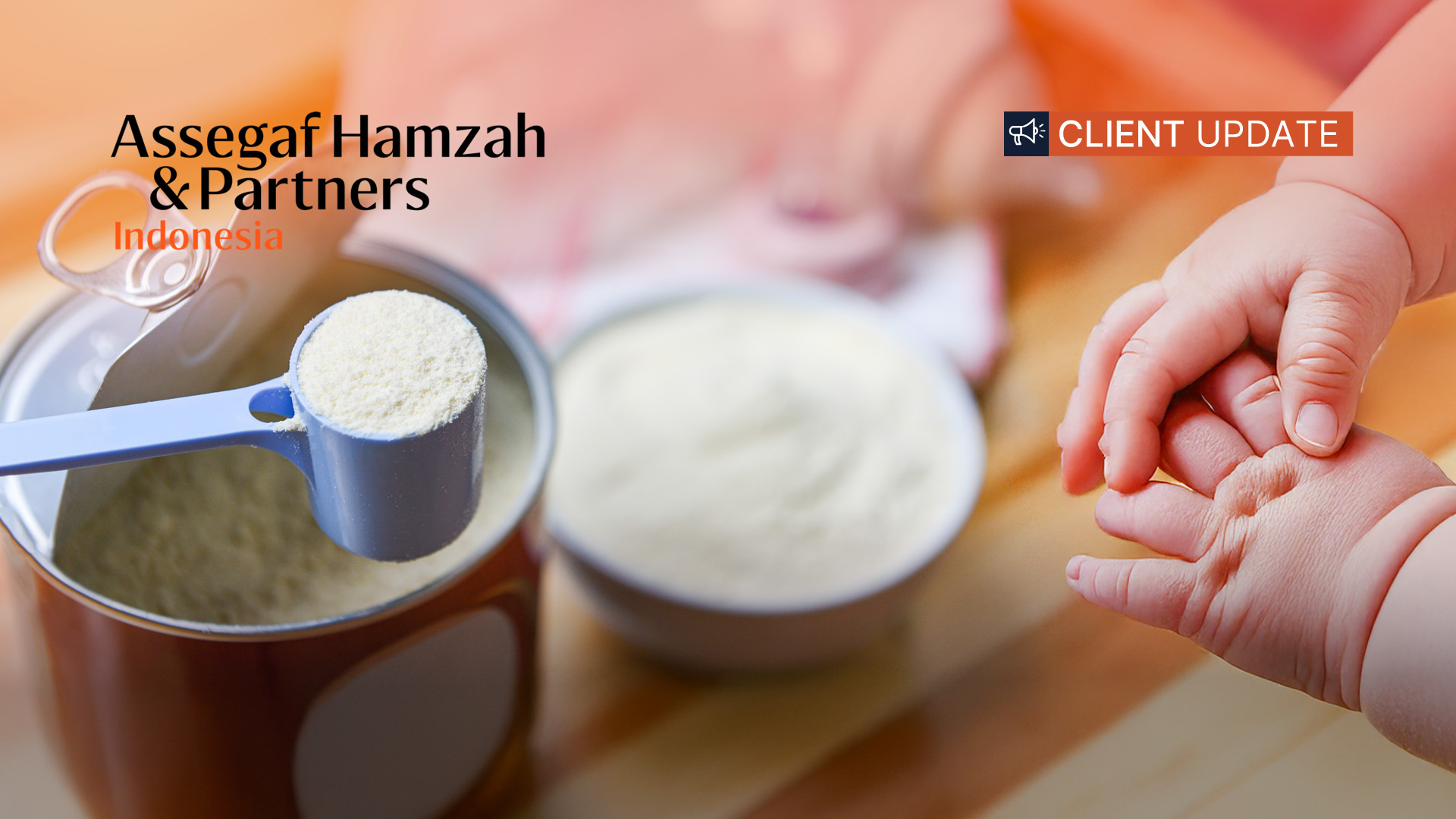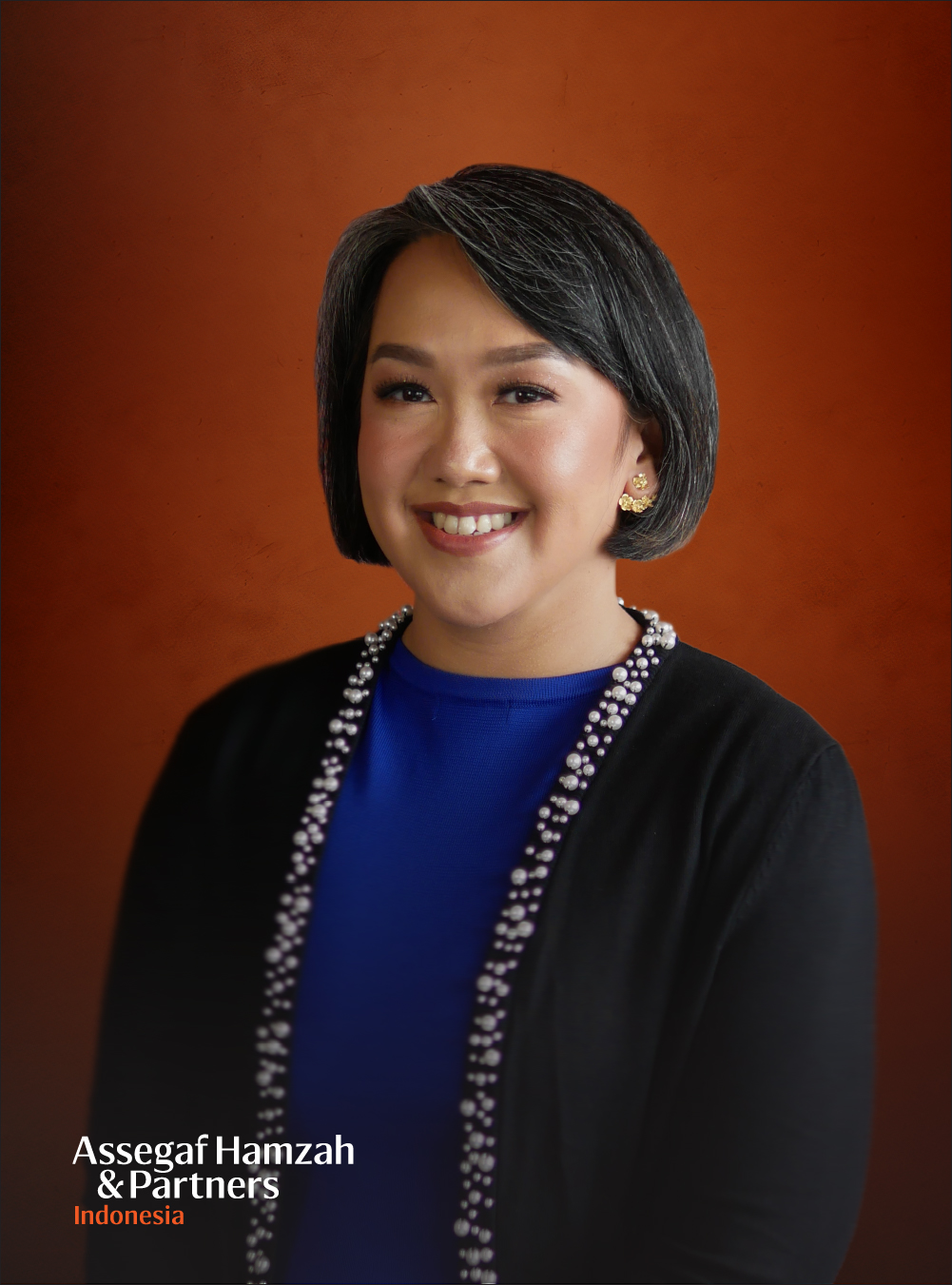Health in Transition Part 2 – Indonesia Tightens Infant Formula Promotions under Government Regulation No. 28 of 2024

In recent times, the Indonesian media has been buzzing with reports that the government has officially tightened its ban on infant formula milk (susu formula) promotion. Some have even gone public to express their concerns and complaints regarding the new restrictions, which reportedly include prohibitions on offering discounts, indirect promotions, and endorsements by social media influencers for the promotion of formula milk.
These supposedly novel restrictions, which seemingly attempt to shut down most, if not all, marketing efforts for infant formula milk, are caused by the issuance of Government Regulation No. 28 of 2024 as the Implementing Regulation of Law No. 17 of 2023 on Health (“Regulation”), which was issued on 26 July 2024, and came into force on the same day.
In this alert, we will explore the regulatory changes introduced through the Regulation and its impact on the infant formula milk industry, particularly concerning promotional and marketing activities for infant formula milk.
Category of Infant Formula Milk by Age Group
For starters, infant formula milk is categorised into three types based on age:[1]
-
Infant Formula (Formula Bayi): A substitute for breastmilk (air susu ibu or ASI) for infants up to six months old, specifically formulated to be the sole source of nutrition during the first months of life until the infant is introduced to complementary feeding (makanan pendamping ASI or MP-ASI).
-
Follow-up Formula (Formula Lanjutan): A formula derived from cow’s milk or other animal milk and/or ingredients from animal and/or plant sources that have been proven suitable for infants aged 6 to 12 months.
-
Growth Formula (Formula Pertumbuhan): A formula derived from cow’s milk or other animal milk and/or ingredients from animal and/or plant sources that have been proven suitable for children aged 12 to 36 months old.
What’s New for Infant Formula Milk under the Regulation
The Regulation builds upon previous regulations[2] but introduces stricter limitations on the marketing and promotion of infant formula. Some of the key changes are as follows:
-
Continuous Breastfeeding: While exclusive breastfeeding is still recommended for the first six months, the Regulation emphasises continued breastfeeding until the age of two years, alongside complementary foods.
-
Expanded Restrictions: Not only are healthcare professionals not allowed to provide infant formula milk, but they are also prohibited from supplying other breastmilk substitute products that may disrupt exclusive breastfeeding, which now appears to extend to children up to 36 months of age. Elucidations of Article 31(1) of the Regulation clarifies that these “other breastmilk substitute products” include follow-up formula (typically marketed for infants aged 6 to 12 months), growth formula (for infants aged 12 to 36 months), and other milk products designed to replace breast milk, such as fortified soy milk in both liquid and powder forms, marketed for infants up to 36 months.
-
Wider Scope of Promotion Ban: The Regulation states that manufacturers and distributors of formula milk also cannot:
-
Advertise any infant formula milk, breastmilk substitute products, or follow-up formula milk;
-
Conduct indirect or cross promotion of formula milk;
-
Use healthcare professionals or social media influencers to promote formula milk; and
-
Enter into cooperative arrangement with healthcare professionals, pregnant women, or new mothers.
-
-
Increased Reporting Requirements: Reports on any cooperation between manufacturers or distributors of infant formula and healthcare professionals can now be designated to be submitted to not only the Ministry of Health, minister/chairman, relevant institutions or certain officials, but also to the designated governor or regent/mayor.
This report must be submitted within three months from the date of cooperation.
-
Enhanced Monitoring: Monitoring of formula milk promotion will be conducted by the Ministry of Health, BPOM (Badan Pengawas Obat dan Makanan or the Indonesian Food and Drug Authority), the governor and the regent/mayor.
Applicable Administrative Sanctions under the Regulation
In general, administrative sanctions under the Regulation can apply to both manufacturers/distributors and healthcare professionals. For violation of certain provisions, manufacturers or distributors may face penalties such as verbal and written warnings, while healthcare professionals can receive the same penalties, with the added possibility of licence revocation.
Conclusion
Over the past decade, Indonesia has implemented significant restrictions on infant formula milk promotions through prior regulations. However, with the enactment of the Regulation, it appears that these promotions are facing even stricter prohibitions. Infant formula milk market players should carefully review the Regulation to understand the full implications and ensure compliance. Moreover, they should assess existing materials for compliance and make any necessary revisions, including exploring alternative marketing approaches that align with the Regulation.
[1] These categories are provided under BPOM Regulation No. 13 of 2023 on Food Categories.
[2] The previous regulations governing infant formula milk include Government Regulation No. 33 of 2012 on the Provision of Exclusive Breastmilk (ASI Ekslusif) and Minister of Health Regulation No. 39 of 2013 on Infant Formula Milk and Other Infant Products.
Michelle Abiah Leo and Sukma Fadilla also contributed to this alert.

